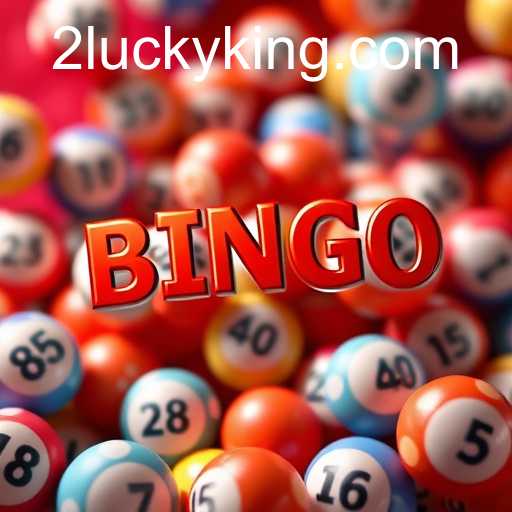Bingo Games: A Deep Dive into a Timeless Classic
When it comes to classic games that bring people together, few have the charm and universal appeal of bingo games. The excitement, anticipation, and social interaction that this game offers have kept it popular across generations and geographies. Whether played in a local community hall or a high-end online platform, bingo continues to capture the imaginations of its enthusiasts.
The Origins of Bingo
The game of bingo is believed to have originated in Italy during the 16th century. Known as "Il Giuoco del Lotto d'Italia," it was a form of lottery that gained popularity over time. By the 18th century, the game had spread to France, where it evolved into "Le Lotto," a game played among the French aristocracy. As years went by, the game made its way to other parts of Europe, ultimately reaching the United States in the 1920s, where it was named "Beano." This version was played at fairs and carnivals until a New York toy salesman, Edwin S. Lowe, introduced it as bingo in the 1930s.
How Bingo is Played
The rules of bingo are simple yet engaging. Each player has a bingo card filled with a set of numbers arranged in a grid. As the game progresses, numbers are drawn at random, and players mark off the corresponding numbers on their cards. The goal is to complete a specific pattern, such as a line, four corners, or a full house, before anyone else. When a player achieves the designated pattern, they call out "bingo" to announce their win.
Types of Bingo Games
While the basic premise of bingo remains the same, there are various types of bingo games to enjoy. Two of the most common formats are 75-ball and 90-ball bingo.
75-Ball Bingo
Popular in North America, 75-ball bingo cards feature a 5x5 grid with the letters B-I-N-G-O across the top. This version allows for many unique pattern variations, which makes each game an exciting challenge.
90-Ball Bingo
Predominantly played in the UK and Australia, 90-ball bingo uses cards with three rows and nine columns. Each row contains five numbers and four empty spaces, and there are generally three prizes up for grabs—one-line, two-line, and full house.
Social and Cultural Impact of Bingo
Bingo's social component has been a significant factor in its enduring popularity. Traditionally, bingo is played in group settings where players can socialize with friends and family, making it a beloved community activity. Bingo halls often serve as social hubs where players of all ages come together to relax and enjoy some friendly competition.
As technology evolved, bingo found a new home online, expanding its reach beyond physical locations. Online bingo platforms have made it easier for people to connect with others, offering chat features that replicate the social aspect of traditional bingo while adding enticing gaming opportunities.
Bingo in Modern Times
In the age of the internet, online bingo games have gained substantial popularity. The ability to play from the comfort of one's home or on the go through mobile devices has introduced bingo to a broader audience. Modern online bingo platforms like Lucky King offer players numerous variations of bingo games along with interactive features and lucrative bonuses.
Why People Love Online Bingo
Convenience is one of the biggest draws of online bingo. Players no longer need to be physically present at a bingo hall to partake in the game. With a myriad of themes and game types, players can easily find something that suits their preferences, keeping the experience fresh and engaging.
Online gaming platforms like Lucky King also provide exciting bonuses and promotions that attract new players while rewarding longtime members. Additionally, the sense of community remains significant, as online platforms offer interactive chat rooms where players can connect and make new friends.
The Psychology of Bingo
The excitement of bingo lies in its unpredictability. Players experience a rush whenever a number is called, and they mark it off their card, getting closer to a win. The anticipation and thrill of potentially calling "bingo" create an adrenaline rush, contributing to player enjoyment.
Bingo's Cognitive Benefits
Studies have shown that playing bingo can offer cognitive benefits, particularly for the elderly. The game requires players to be attentive and quickly scan their cards, promoting mental agility and sharpness. This cognitive exercise, combined with the social interaction offered by bingo sessions, makes it an excellent activity for maintaining mental wellness.
Conclusion
Bingo games have successfully transitioned from traditional halls to digital screens while retaining their core appeal. With platforms such as Lucky King leading the way in online bingo experiences, the game continues to adapt to modern trends and technologies. Far from just being about winning, bingo is an opportunity for connection, entertainment, and mental stimulation.








